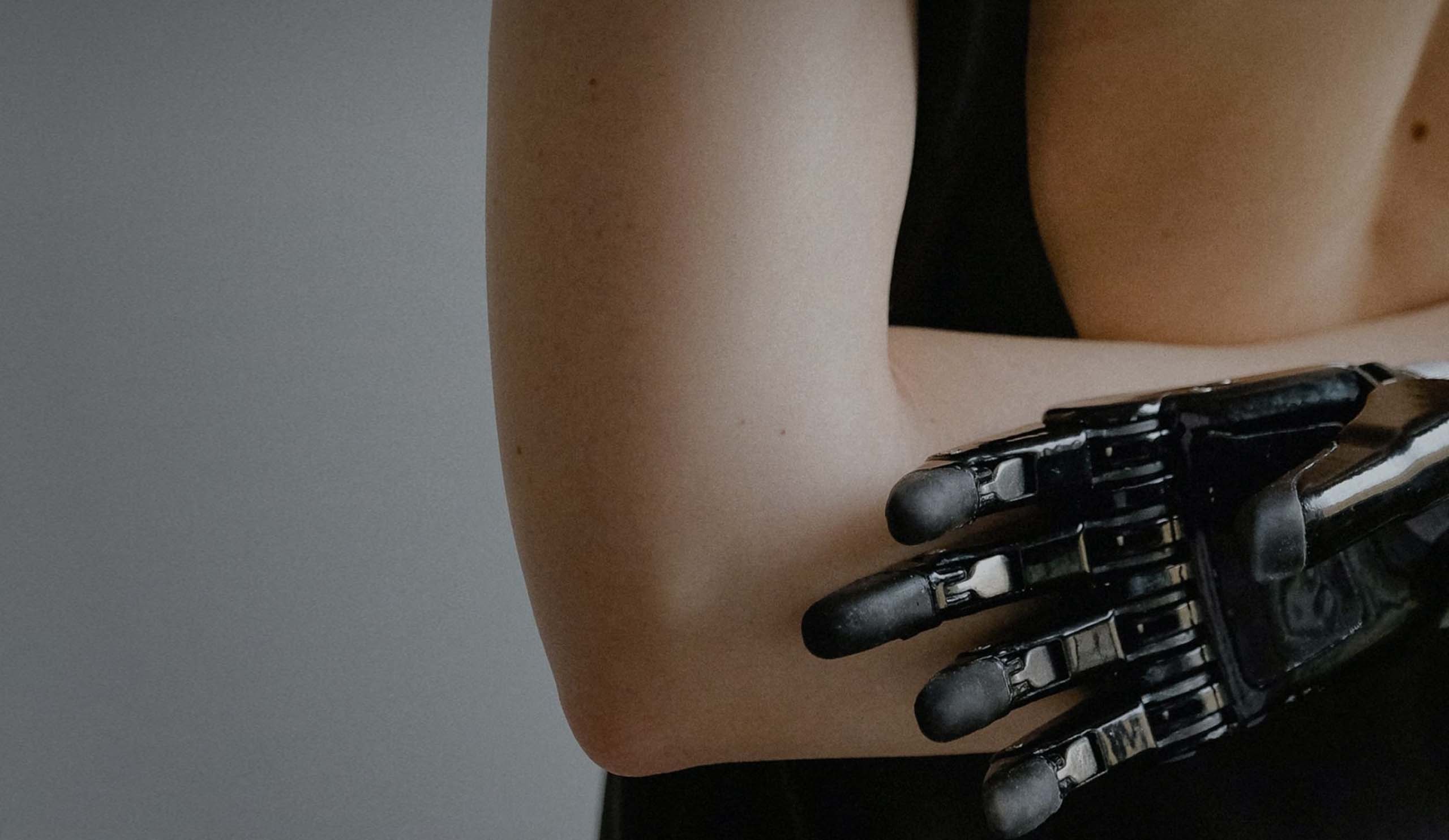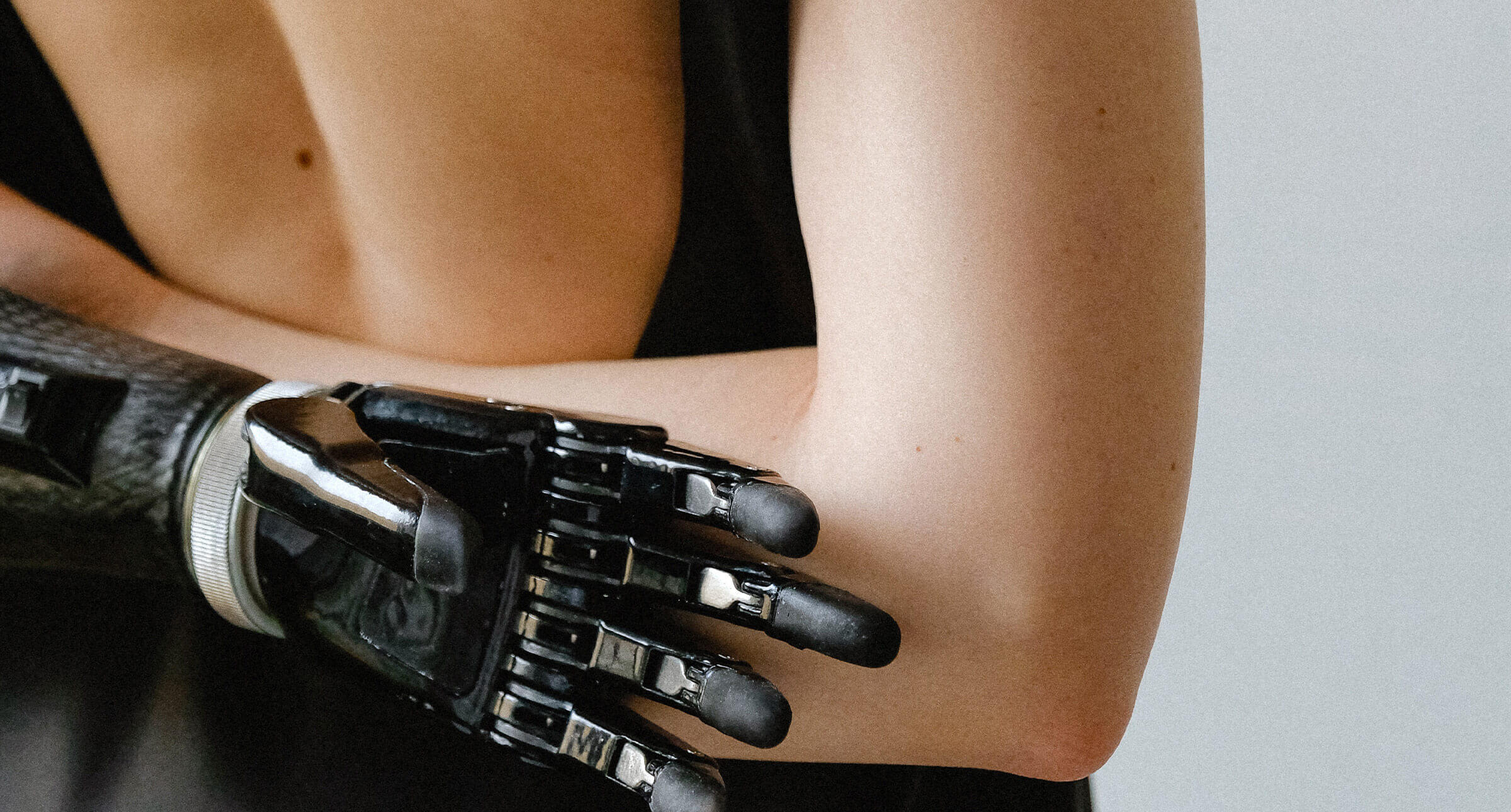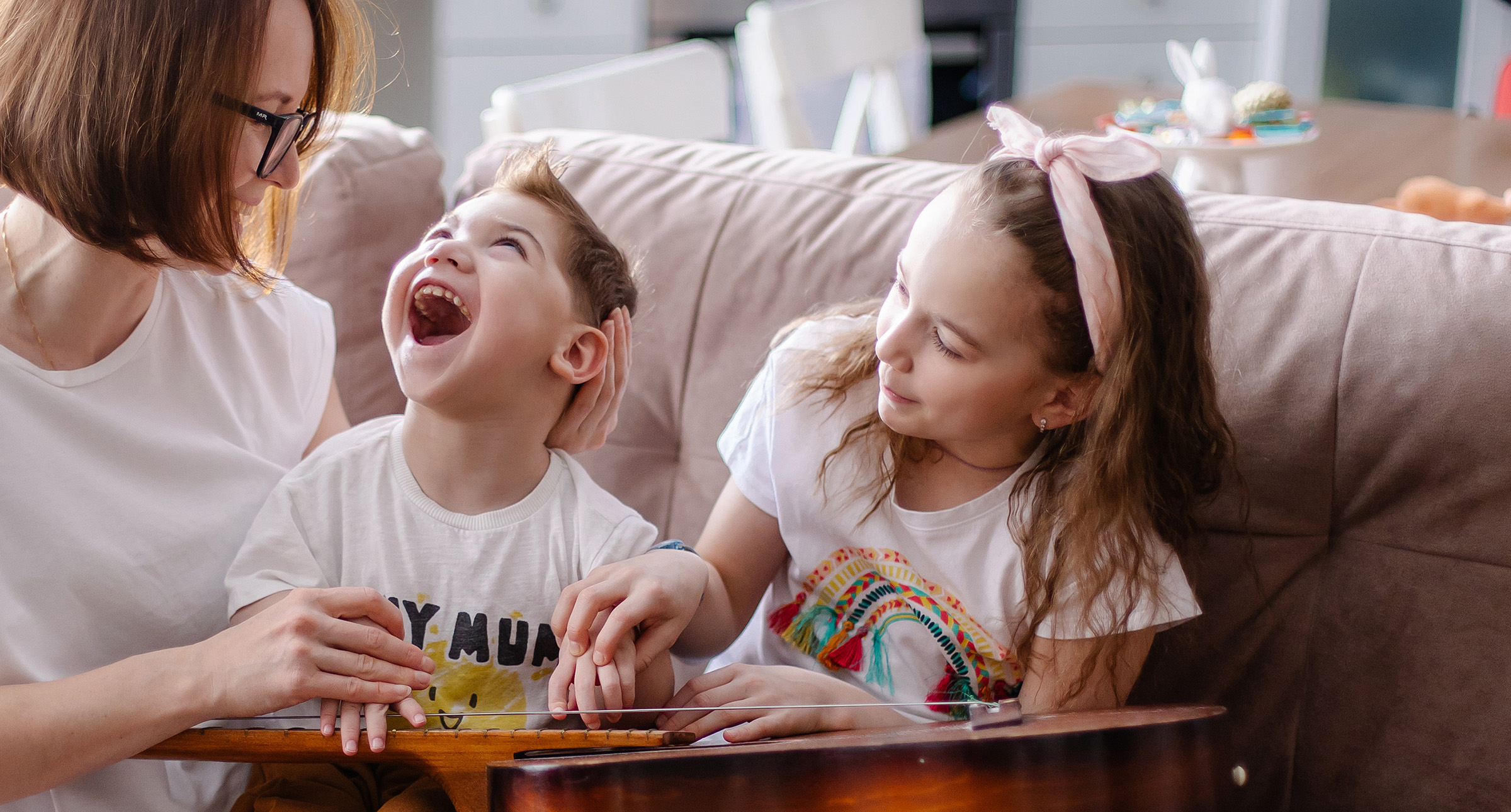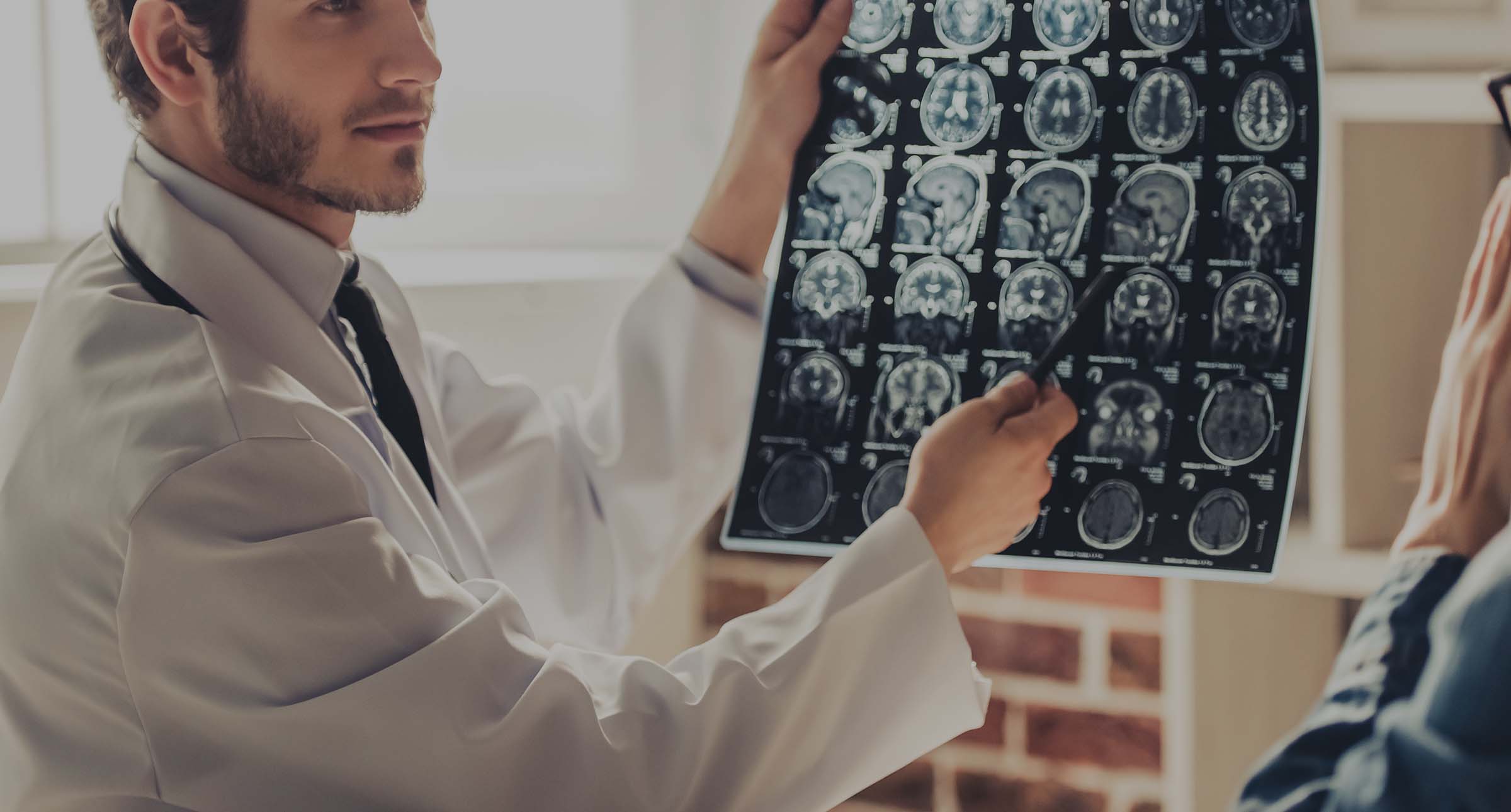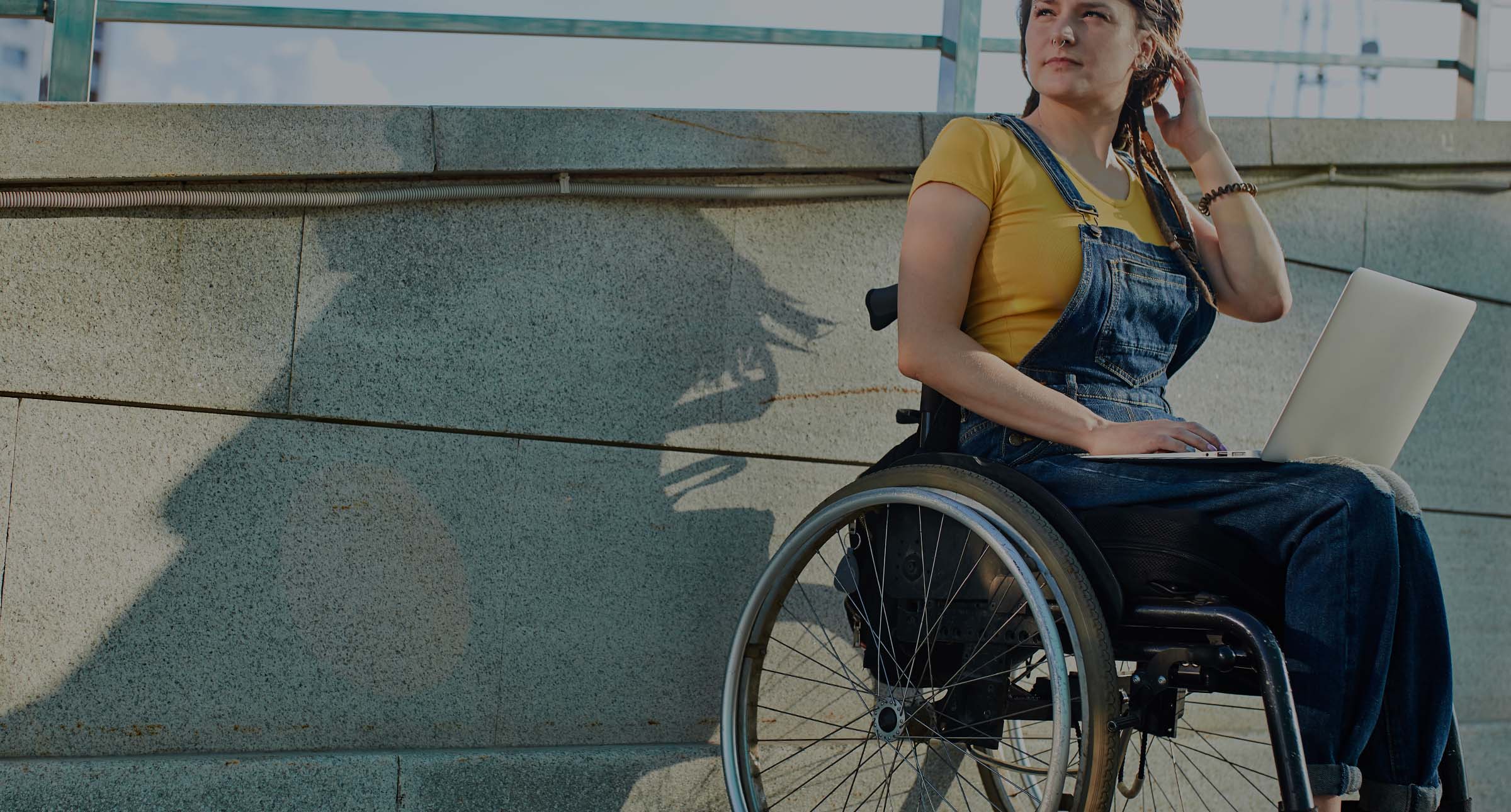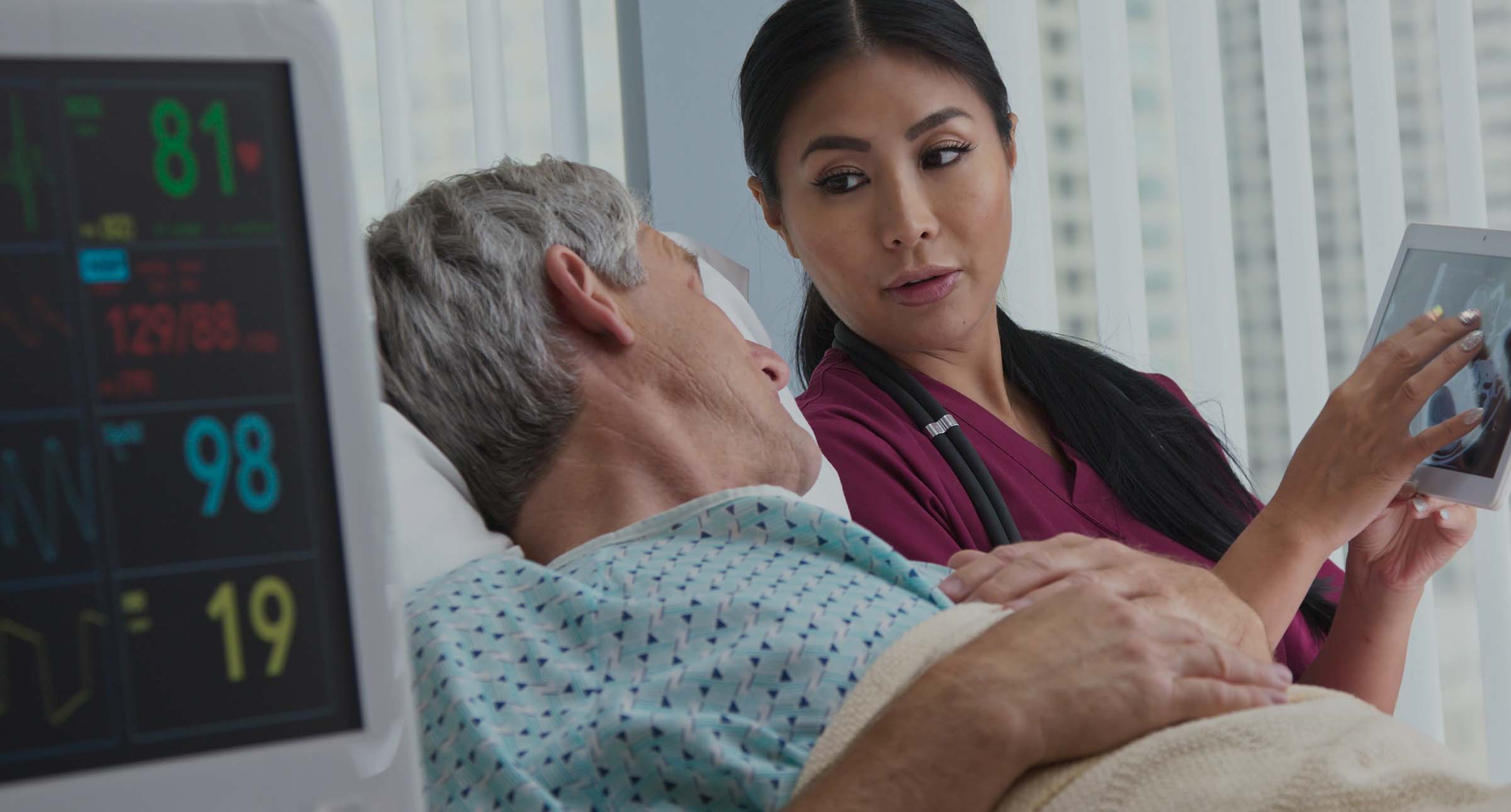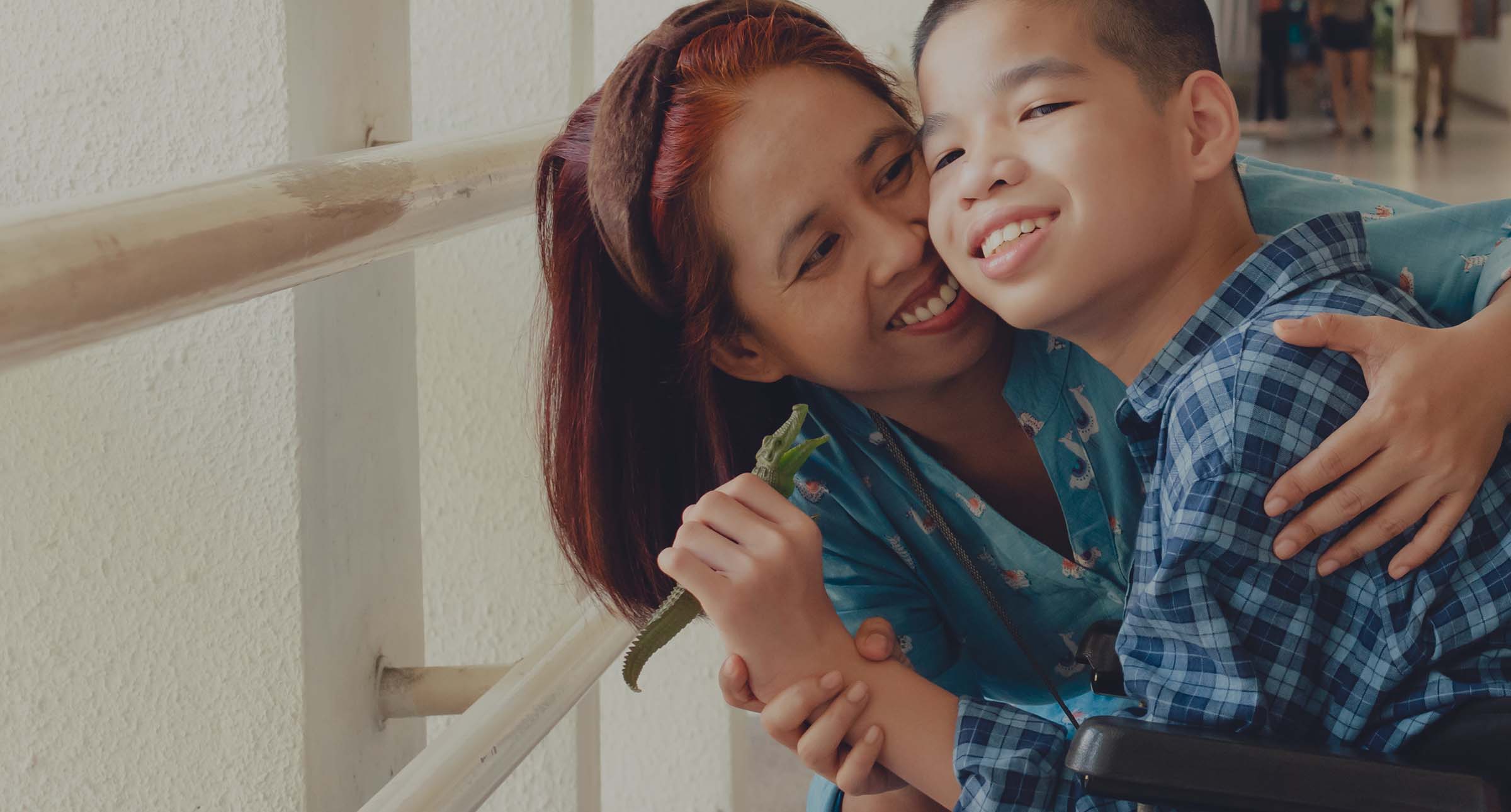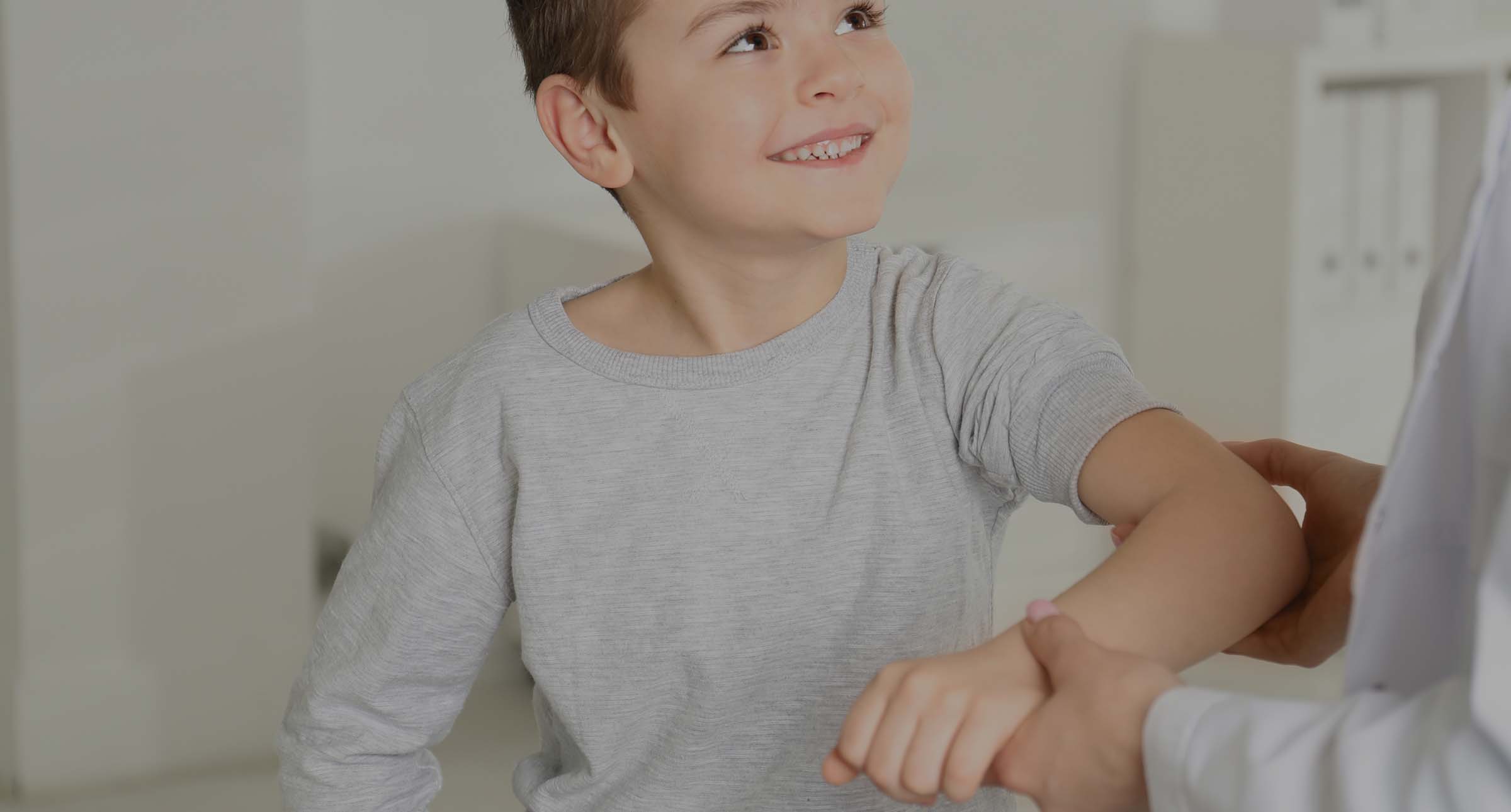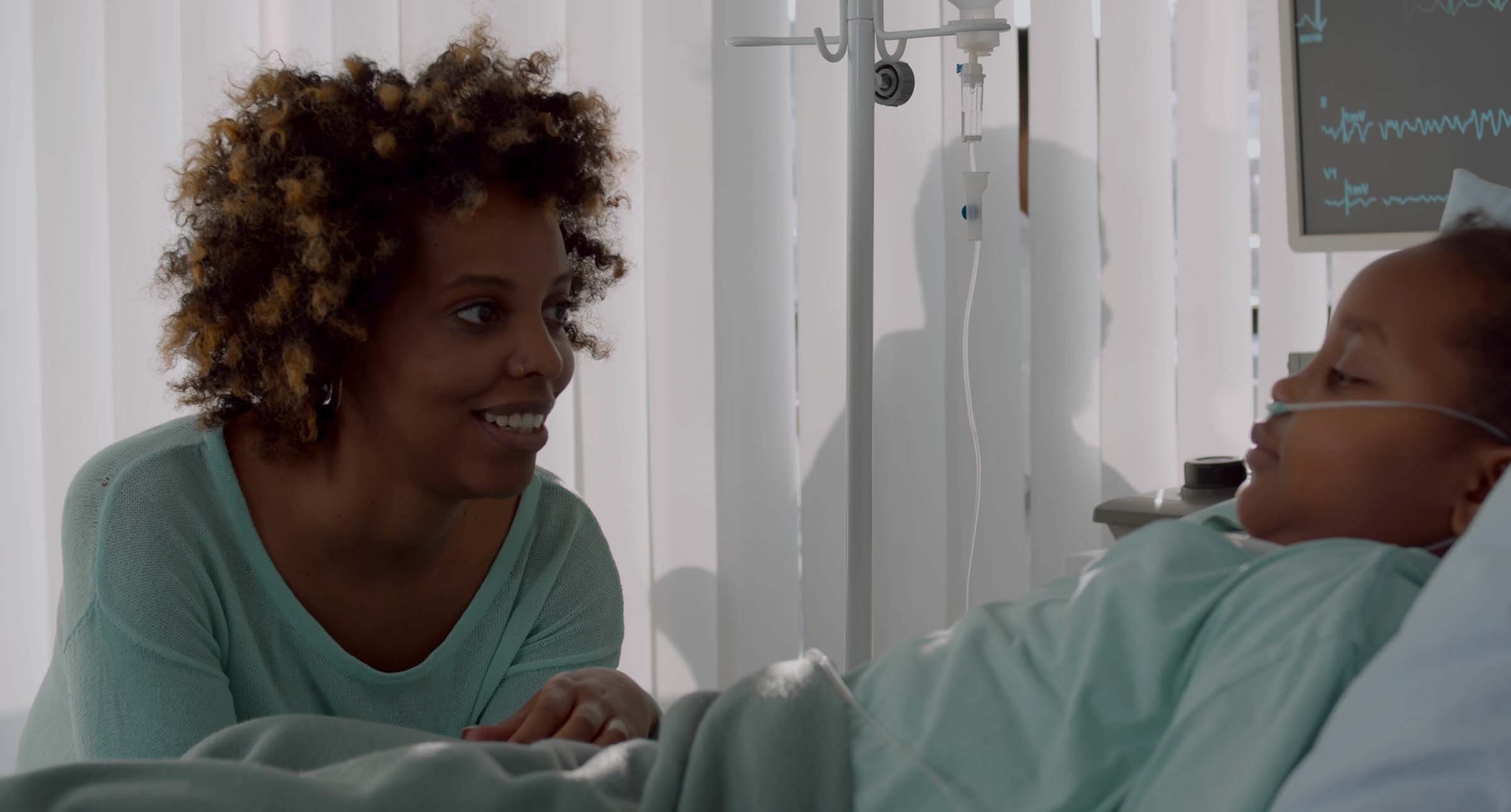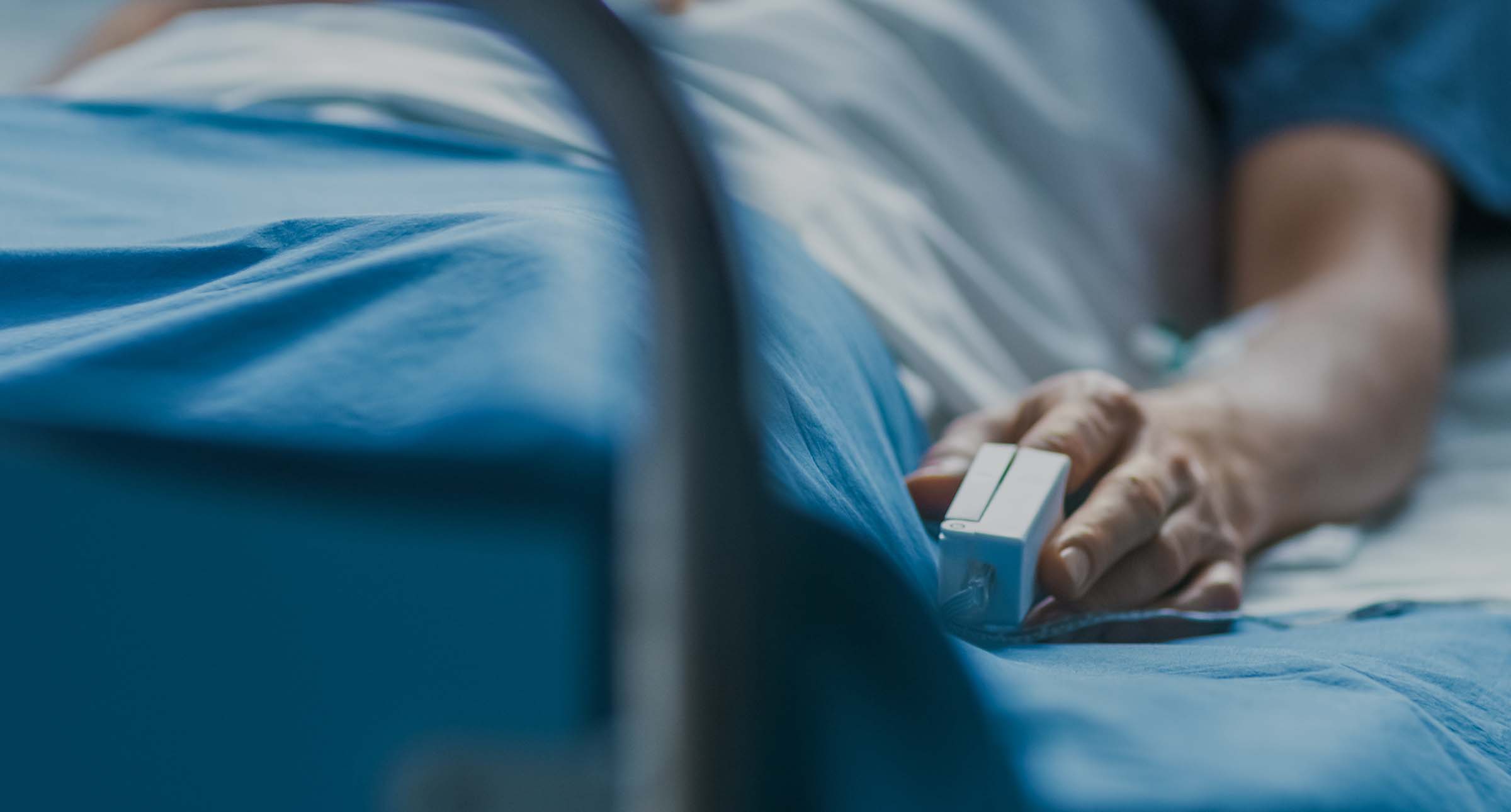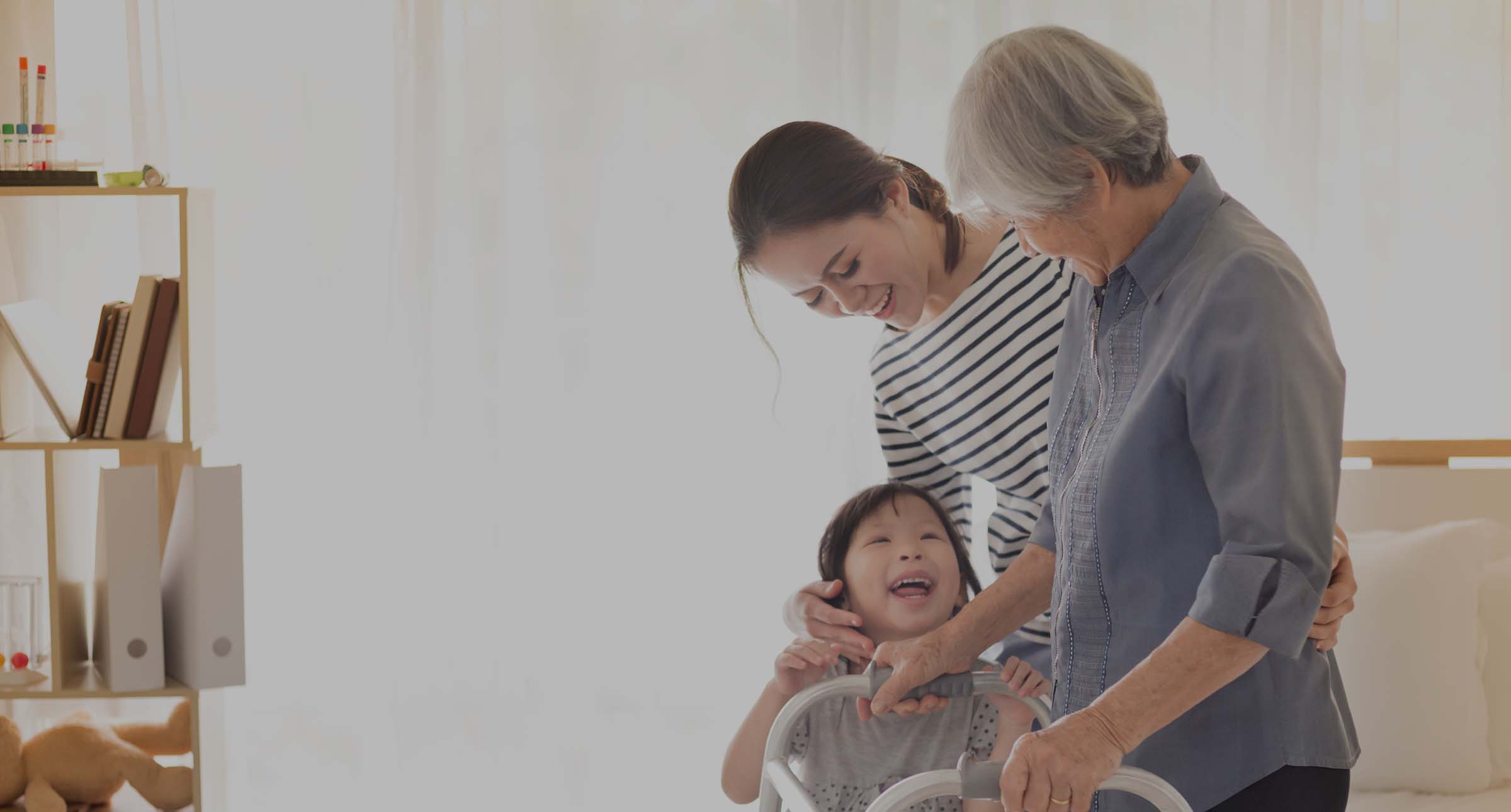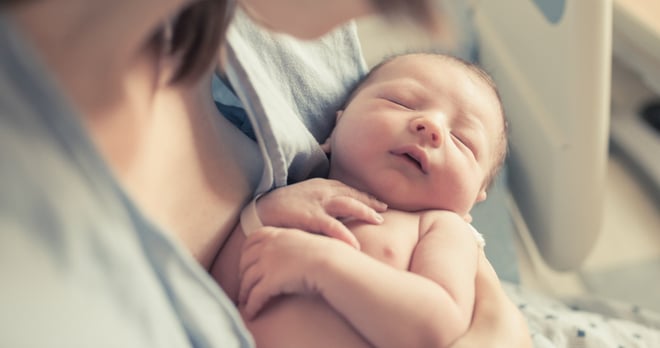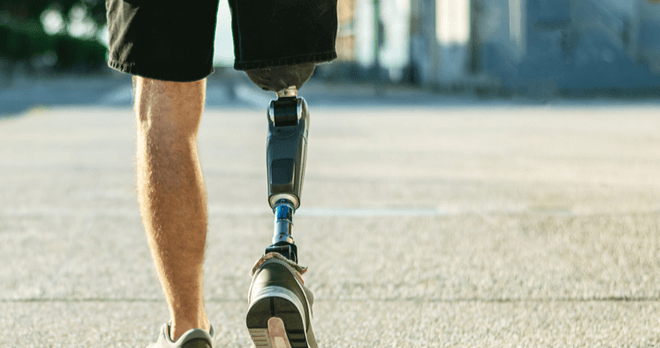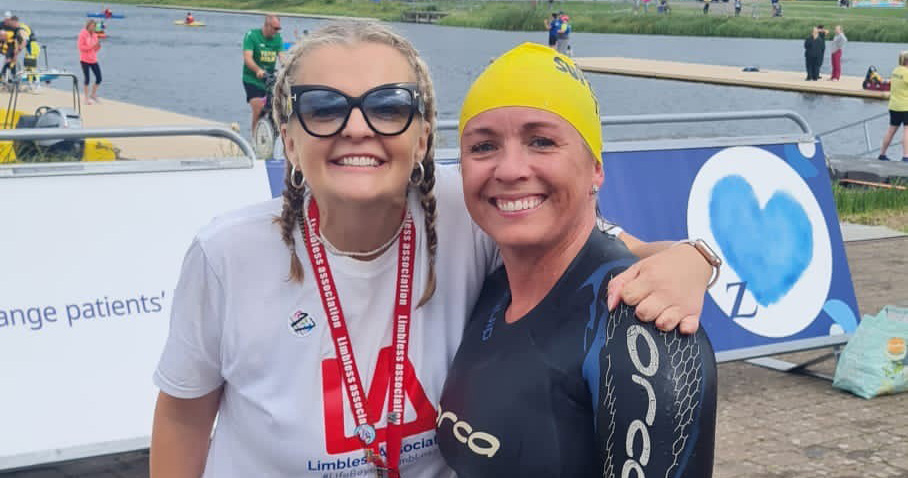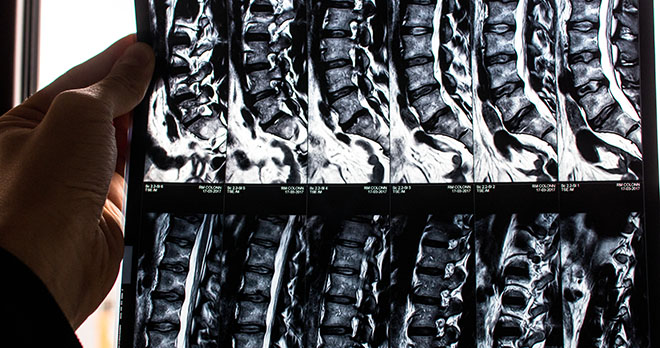Sport and its importance for children with cerebral palsy.
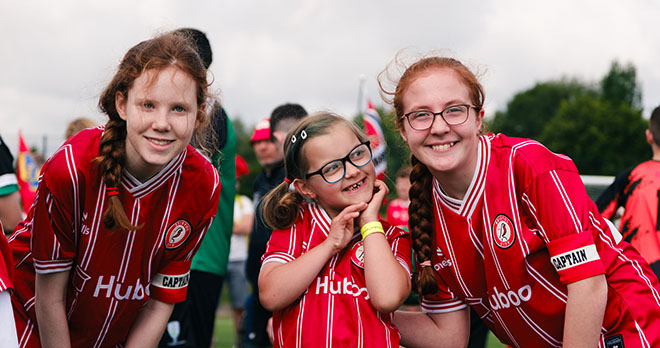
Access to and enjoyment of sport is taken for granted by most children, they are surrounded by opportunities both in and out of school. But for children with physical disabilities this isn’t always the case; they can face barriers and a lack of support (by schools and sports clubs) in engaging in both individual and team sports. It is important though that everyone has the right to play sport.
I live in central Bristol and my own two children have a wealth of options when it comes to engaging in all variety of sports and physical activities, however until relatively recently this hasn’t been the case for children with physical disabilities. There was a lack of variety and choice within the disabled community to be able to have free and accessible options to engage in sport.
It is heartening to know that Bristol is one of the leading cities offering opportunity to its disabled community. Examples include Bristol City Cerebral Palsy FC, spearheaded by parents whose children (based all over the South West) wanted to engage in team football training and competition. In addition, there is Flamingo Chicks, who break down barriers to inclusion through dance, giving disabled children the opportunity to explore dance and movement since first setting up in 2013.
We are also the home to Gympanzees, who is a charity with the aim to: “enable every child and young person with a disability to access regular play, exercise and friendship, to improve their physical and mental health and well-being, and to take their families out of isolation.” Gympanzees note that there are 90,000 young people with disabilities within an hour of Bristol and 77% of children with disabilities cannot access regular leisure facilities so can’t play, exercise or socialise in the same way as their peers – surely this must change.
The benefits of sport for children with cerebral palsy
Bristol City Cerebral Palsy FC notes that: “..through sport, persons with disabilities acquire vital social skills, develop independence, and become empowered to act as agents of change. Sport teaches individuals how to communicate effectively as well as the significance of teamwork and cooperation and respect for others.”
Flamingo Chicks states their classes improves the physical competencies of children, with 79% of children seeing improvement in physical abilities (improving core strength, coordination and posture), 83% having greater confidence and resilience and 90% of volunteers re-evaluating their perceptions of what disabled children are capable of.
Gympanzees note that disabled children as twice as likely to be lonely compared to their non-disabled peers, they are more likely to feel they have no one to talk to, feel left out, and to feel alone. Sporting and physical activities is a fantastic opportunity to change this and open doors to children who feel excluded.
Gympanzees also note that activity really does make a difference to the health of disabled children as inactivity often suffer from general health conditions causing reduced life expectancy and sleep disorders. With appropriate strengthening of muscles, many painful conditions and reduced function can be avoided.
The charity Physiopedia has a great website summarising the benefits and importance of sport for children with CP. They also highlight the role of the charity Cerebral Palsy Sport, and their aims to improve outcomes for individuals and families, improved organisational and societal outcomes.
If our society embraces and includes children with disabilities we are all the better for it. At the recent International Football Tournament in August 2024, organised by Bristol City Cerebral Palsy FC, the local community pulled together to put on the most fantastic event. The children were wholly dedicated to success and those cheering them on from trainers, parents and sponsors couldn’t help but feel pride and admiration.
There has been a new 2024 study released. This study summary notes: “The main results pointed out that most of the sports improved motor function, quality of life, and coordination in children and adolescents with CP. Physicians, therapists, and parents should become aware of the benefits of sports activities for this population of patients. Specific sports activities could be included as a usual indication in clinical practice in addition to rehabilitation treatment.”
A mother’s perspective
My daughter has always loved football, we are a big football family. However being from a small rural town, as a girl it was already difficult enough to access the game. However, being a girl with a physical disability, in her case cerebral palsy, it was near impossible to find a team. Mainstream clubs were not really an option due to the complexity of challenges my daughter faces, it was dangerous to ask her to play against able bodied children who were so much quicker and stronger than her. The only other option was pan-disability and when we tried this, the reality is that many of the children did not have the same level of physical impairment as her, so again, this was not really a safe environment.
We recently found Bristol City Cerebral Palsy football club, and since she started two years ago, her skills have improved so much and so has her confidence. The club offers her a chance to progress and a reason to train, this is important as sport keeps her strong and flexible. But more importantly, since joining the club it has given her something she has never had, a team.
Prior to joining Bristol City my daughter has accessed sport through one-to-one support in various disciplines and she has never met anyone with cerebral palsy. Now she has a team of individuals that she plays with each week who are all close friends that she can be herself with as they understand the challenges she faces. The club has also taught her the value of teamwork and sportsmanship. She is so happy now she has found the club and it has really given her a sense of belonging and sporting aspirations for the future.

It is really amazing to see the difference dedicated sporting groups and activities can do for children, enhancing both their physical and mental health. Access to sports should not lie solely with charities and volunteers, it is hoped that the Government will seek to inject significant funding to state organised provision for children who are most in need.
Our expert injury solicitors have helped to secure access to sport and other physical rehabilitation for many clients. If you are considering a claim for compensation, contact us today to find out how we can help.
Call now
